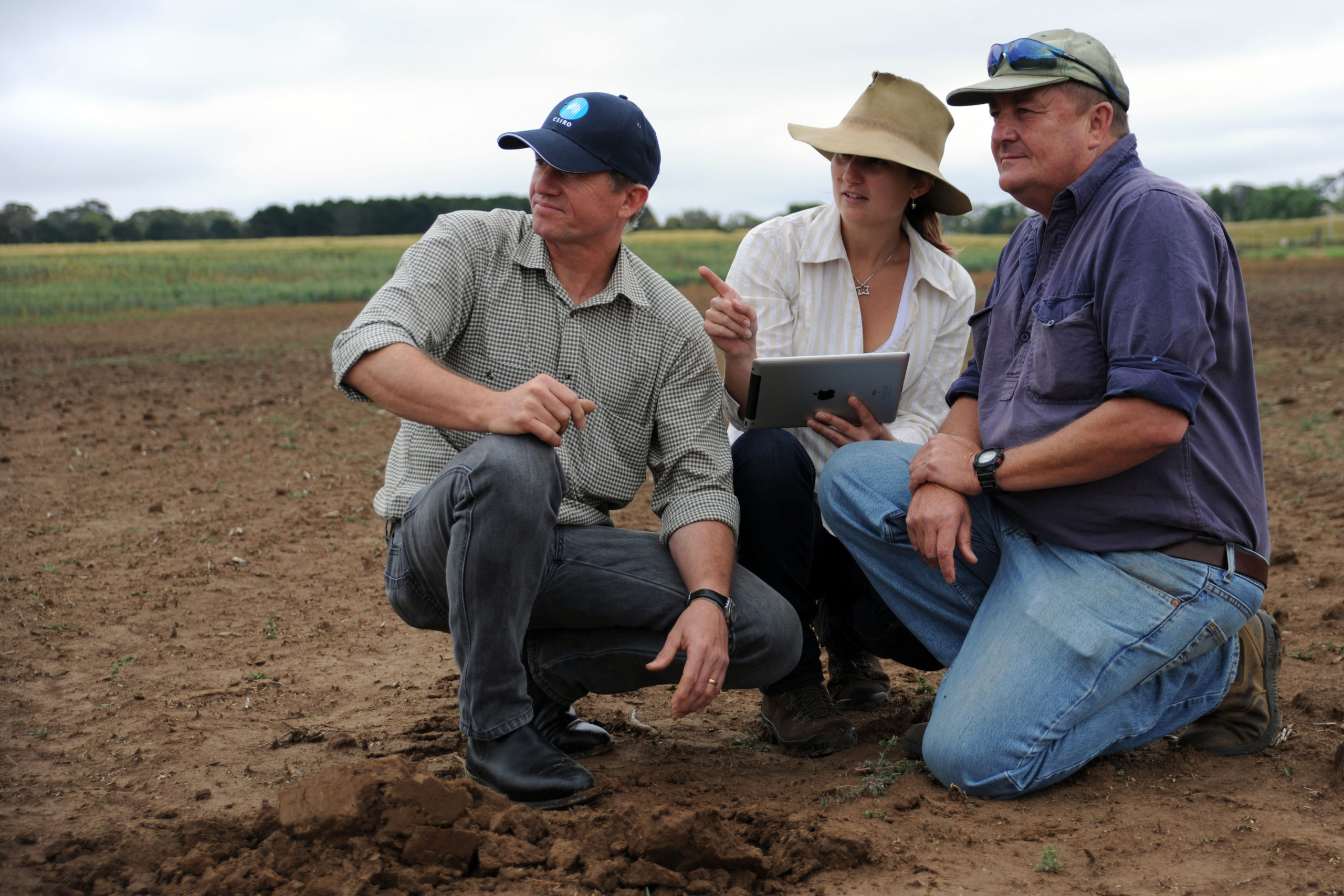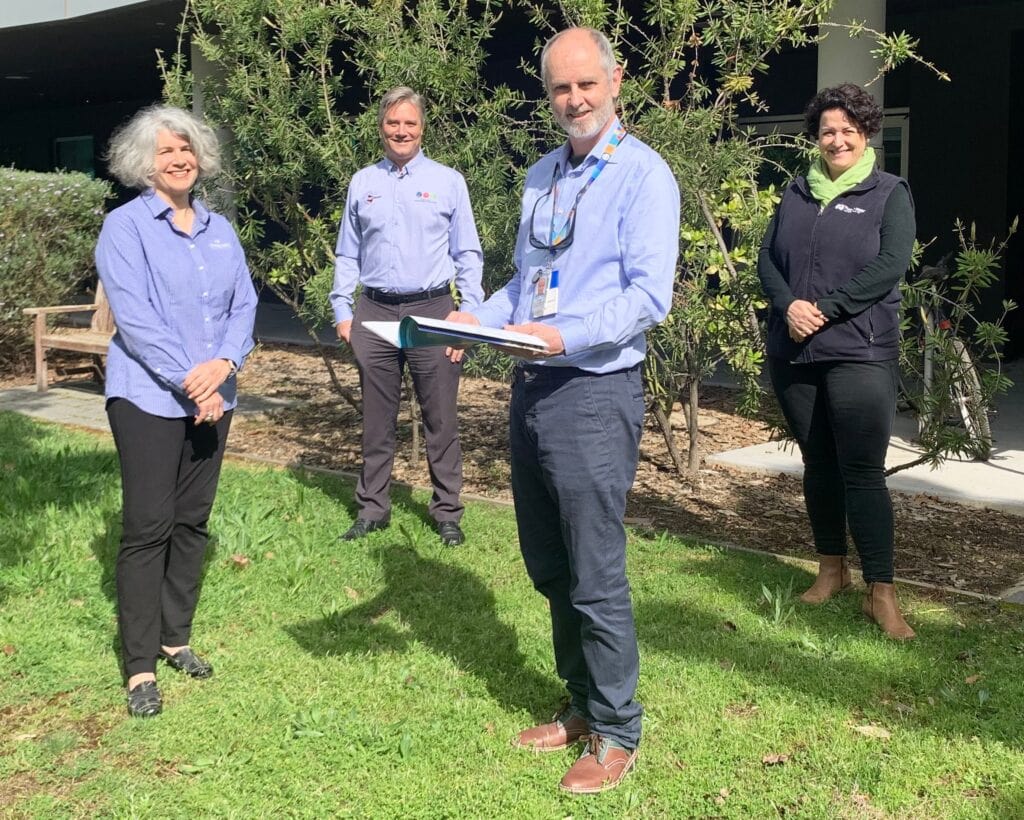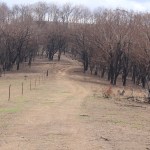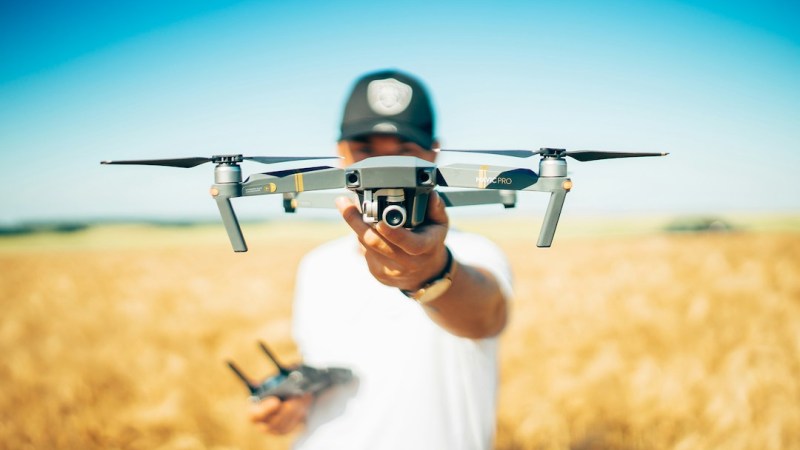NSW Farmers is inviting all farmers hit by the 2019/2020 bushfires to fill in a…
Biosecurity threats concern NSW Farmers

Scientists are concerned that the current model for stopping biosecurity threats from entering Australia is not innovative enough to block new and emerging risks from arriving on our shores and causing social, environmental and financial impacts.
The CSIRO has released a new report, Australia’s Biosecurity Future: Unlocking the next decade of resilience, with the report finding Australia is at risk of increased disease outbreaks, pest incursions, weakened exports and damage to its global trading reputation.
It also found that while the current system for detecting biosecurity risks is one of the strongest in the world, it does require enhancements to handle the growing biosecurity threats the nation faces.
The report warns that if this does not happen Australia could be exposed to significant social, environmental and financial consequences, stating that the new system needs to be built on digital, autonomous and interconnected platform technologies.

The weakest link
CSIRO Director of Health and Biosecurity Dr Rob Grenfell said the COVID-19 pandemic has shown the interconnectedness between human, animal and environmental health and that where there is a weakness in one area, there is vulnerability for all.
“The COVID-19 pandemic has increased community and public awareness of the importance of biosecurity,” Dr Grenfell said.
“We need to take this unique opportunity to transform Australia’s biosecurity system so it can cope with the growing volume and complexity of threats. How Australia navigates the changes needed over the next decade will significantly impact the health of Australians, our communities, ecosystems and agricultural systems and food security into the future.”
The report makes 20 recommendations across three central themes for dealing with the problem:
- System connectivity – digitisation and enhancing data sharing across supply chains and the human, agricultural, environmental and marine health sectors to ensure we identify and manage emerging risks;
- Shared responsibility – enabling the role of industry and community in biosecurity responsibility through improved community engagement; more system collaborations between Indigenous and non-Indigenous organisations and individuals and working with industry to develop their role in surveillance; and
- Science and technology – supporting the growth of novel tech-enabled start-ups that create business opportunities for biosecurity, as well as developing international biosecurity innovation priorities for the sector to focus and collaborate on.
Troubling but not suprising
NSW Farmers President James Jackson says the findings of the report, which can be read in full here, are troubling, but not surprising.
“We live in an increasingly connected world, and even though human travel has diminished over COVID-19, our import volumes remain high and there has been an unprecedented number of parcels entering Australia,” Mr Jackson said.
African swine fever (ASF)
Mr Jackson also pointed to the ongoing threat of African swine fever being detected in parcels containing meat products at international borders.
“We must be vigilant to ongoing threats such as African swine fever (ASF), which has been keeping mail centres on high alert,” he said.
“Between January and April this year, more than 600 parcels intercepted at our border contained meat products, which are a key pathway for ASF.
“It’s disappointing to see investment in biosecurity plateau, especially against the backdrop of COVID-19 and the widespread economic devastation it has caused.”
Onshore Biosecurity Levy ditched
Mr Jackson said it was also disappointing that plans by the Commonwealth to to implement an Onshore Biosecurity Levy were also dropped.
He also said no biosecurity funding commitments were made in this year’s Federal Budget.
“Without an appropriate funding model, pests like khapra beetles and fire ants will continue to pose a threat to our farms,” he said.
If you enjoyed this feature, you might like our story on powder supplements made from vegetables destined for the scrapheap.









We have over the last 15 years been hosts to young Backpackers on our farming property. These young people were from nearly every country in the world. We have noticed that Backpackers from Asian countries carry all types of food in their packs while travelling through Airports. When we discover food in their backpacks, we ask them to destroy this material in our incinerator. These Airports and Shipping terminals should be the last efficient barrier to protect our countries Biosecurity, it is too risky for the general public to discover and carry this responsibility.